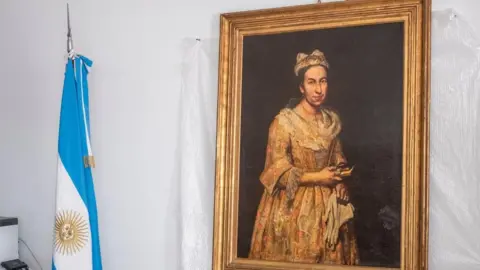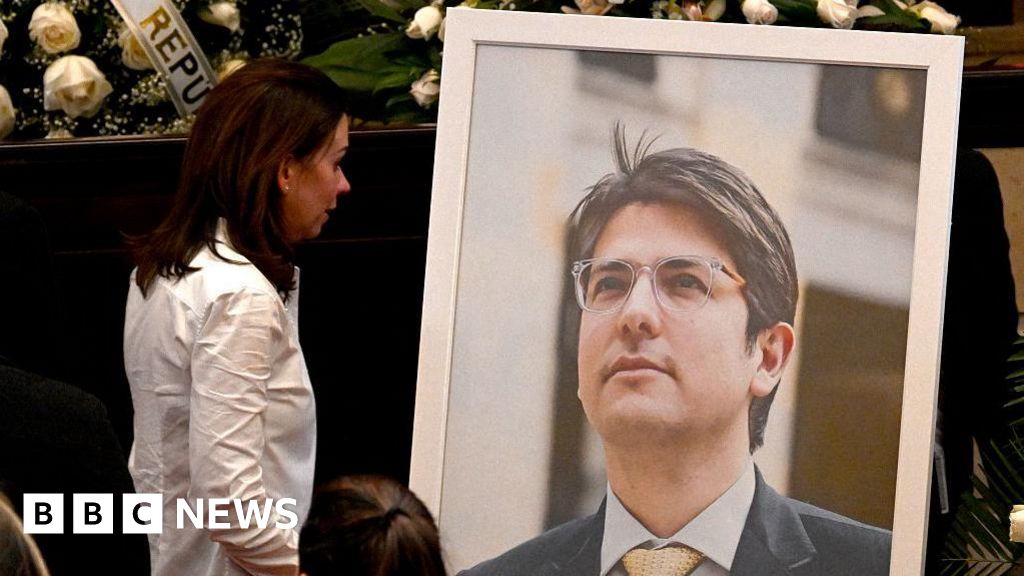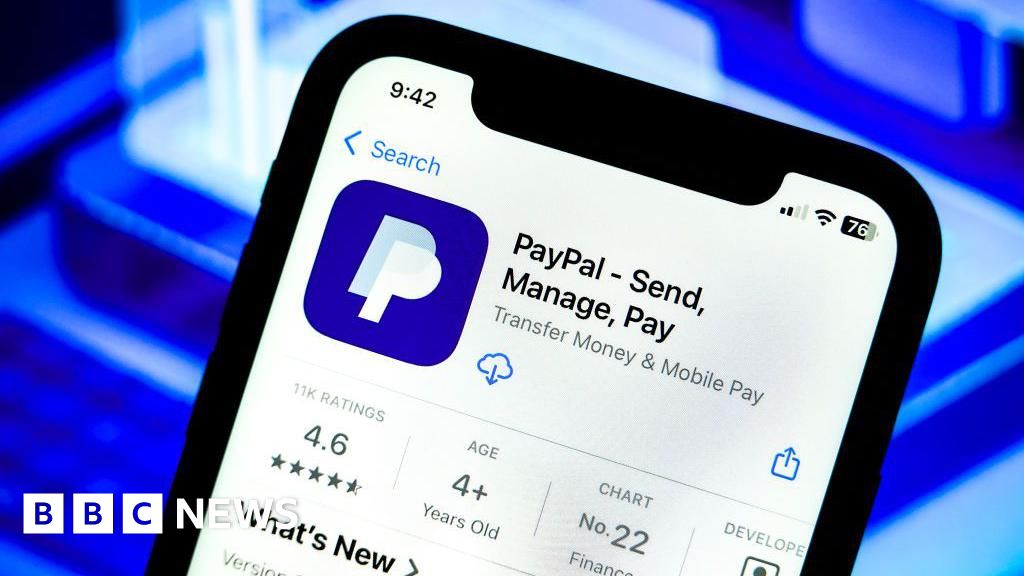Uribe served as Colombia's president from 2002 to 2010 and remains a popular figure among many Colombians, despite facing accusations of colluding with right-wing paramilitary groups to suppress leftist rebel factions, which he denies. The witness tampering case has unfolded over 13 years, during which his former lawyer allegedly attempted to bribe imprisoned ex-paramilitaries for favorable testimonies.
The case has garnered international attention, including remarks from US Secretary of State Marco Rubio, who decried the Colombian judiciary’s handling of Uribe’s trial, labeling it as politically motivated. While Uribe is celebrated by some for his aggressive stance against leftist guerrillas, critics argue his presidency did not adequately address socio-economic issues like poverty and inequality.
The conviction arrives in a complex environment marked by Colombia's ongoing struggles with armed conflict, especially following the 2016 peace agreement with the Farc guerrillas, which Uribe opposed. The lasting impact of paramilitary groups and drug violence continues to affect the nation’s stability, complicating Uribe's legacy as a leader.
The case has garnered international attention, including remarks from US Secretary of State Marco Rubio, who decried the Colombian judiciary’s handling of Uribe’s trial, labeling it as politically motivated. While Uribe is celebrated by some for his aggressive stance against leftist guerrillas, critics argue his presidency did not adequately address socio-economic issues like poverty and inequality.
The conviction arrives in a complex environment marked by Colombia's ongoing struggles with armed conflict, especially following the 2016 peace agreement with the Farc guerrillas, which Uribe opposed. The lasting impact of paramilitary groups and drug violence continues to affect the nation’s stability, complicating Uribe's legacy as a leader.




















